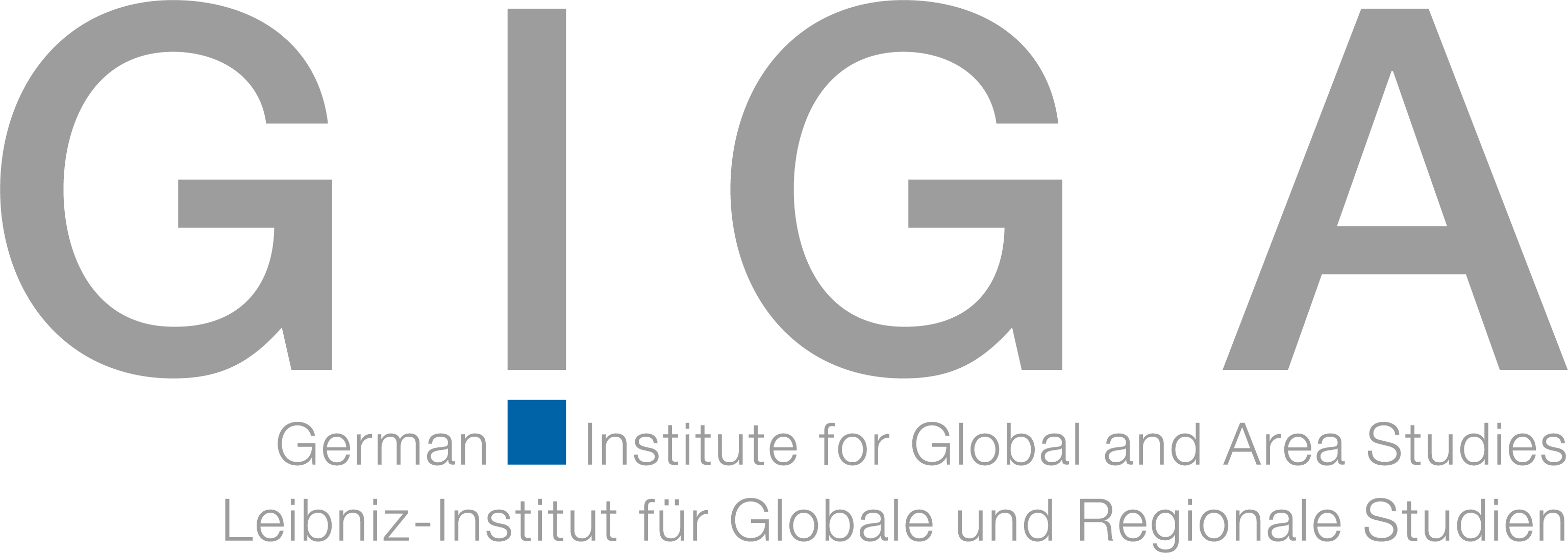CRG Digital Africa
The consultative research group (CRG) ‘Digital Africa’ provides a multidisciplinary network for fostering dialogue between researchers focusing on digital trends on the African continent.
African state bureaucracies are digitizing public records, central banks are exploring and implementing Central Bank Digital Currencies (CBDCs), and digital solutions to ID management often include biometric technologies. In addition, social media platforms such as WhatsApp, X and Facebook are important communication technologies for various forms of digital activism. Meanwhile, investments in digital technologies are growing exponentially both by leading multinational ICT-companies such as Orange, Vodafone, Google and Meta, as well as by a young generation of IT-savvy entrepreneurs building home-made digital solutions that contribute to the digital infrastructures on the continent. Such forms of digital world-making raise a number of urgent queries including questions related to digital rights and data privacy, digital divisions, surveillance and cyber security.
The CRG understands these transformations in a broad context. It welcomes historical, spatial, social, political, economic, and cultural contributions to the interdisciplinary discussion of digital developments.
Coordinators:
- Mohammad Amir Anwar (University of Edinburgh)
- Jess Jahajeeah (University of Cape Town)
- Toke Møldrup Wolff (University of Copenhagen)
- Alena Thiel (University of Copenhagen)
- Andrew Crawford (GIGA, Hamburg)
Programme Point Sud
The Goethe-University of Frankfurt/Main and the German Research Foundation (DFG) have established the ‘Programme Point Sud’ in order to fund Africa-related workshops and conferences in the humanities and social sciences, based on partnerships between German and African academic institutions. The primary goal of the programme is the exchange and networking of scientists from Germany, Africa and other parts of the world. In addition, the promotion of young scientists plays a central role.
Stellenbosch Institute for Advanced Study (STIAS)
The Stellenbosch Institute for Advanced Study invests in experts who work across disciplinary borders to tackle issues ranging from health equity to complexity theory, the effects of race to quantum information. In this age of tumultuous change, the development of a long-term view and a critical mass of expertise on a broad range of issues is crucial to the wellbeing of future generations.
STIAS was established in 1999 to provide a ‘creative space for the mind’, a fellowship programme that would advance cross-disciplinary research at the highest level. Modelled on similar institutes internationally, STIAS is the first of its kind in Africa. Here, leading researchers and intellectuals from across the world are supported to think innovatively and pursue sustainable strategies to the challenges facing the world, with a focus on Africa. Offering various fellowships and scholarships, STIAS provides a uniquely supportive space for thinking, reading, debating and writing. While in residence, established and early-career researchers and artists meet daily over lunch, present and participate in weekly seminars, and organise conferences for a wider audience. In creating and curating this space, STIAS provides ideal conditions for innovative and original thinking to thrive.
GIGA‘s Digital Transformation Lab (DigiTraL)
GIGA‘s Digital Transformation Lab (DigiTraL), funded by the German Federal Foreign Office, analyses the political drivers and real-world consequences of the digital transformation taking place around the world. The Global South in particular is an important actor in and shaper of this transformation.

